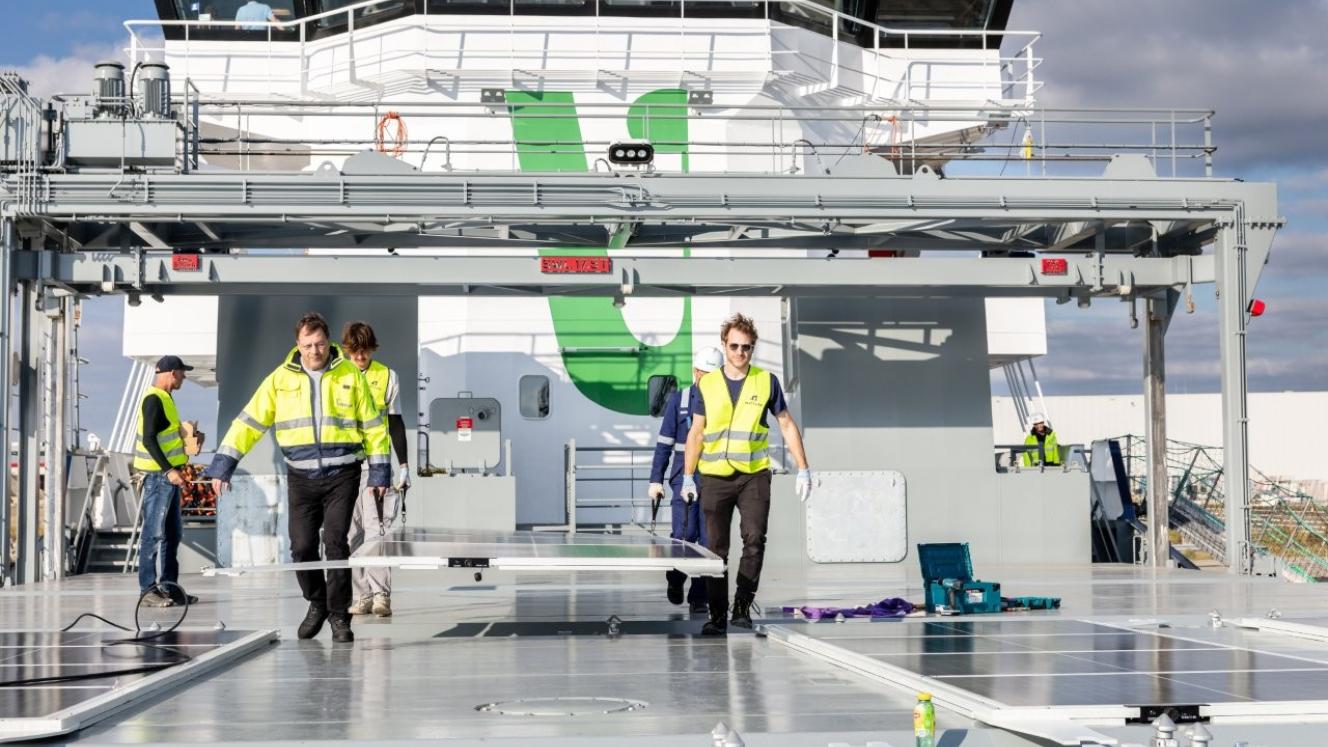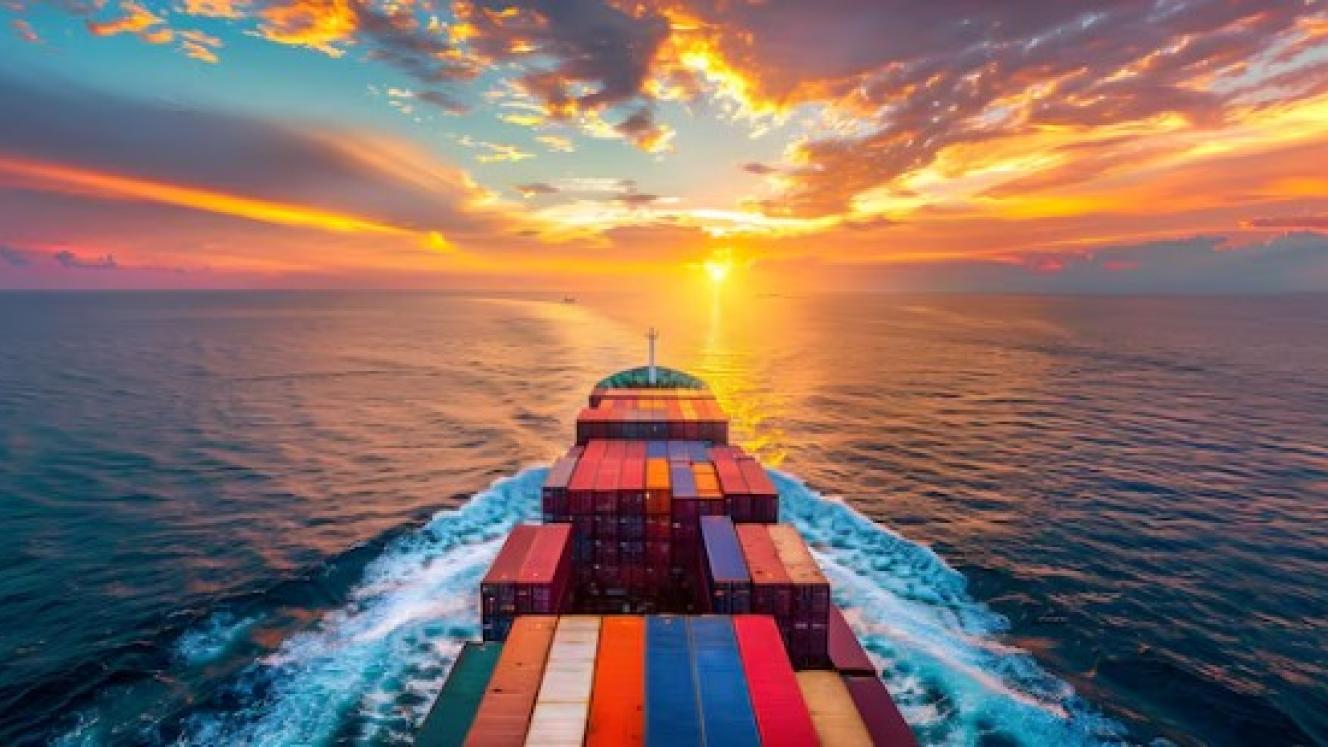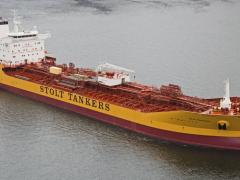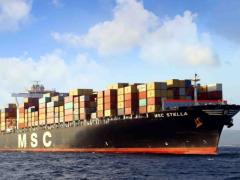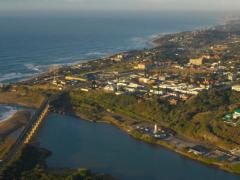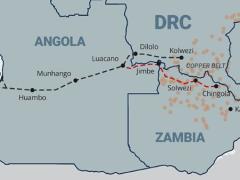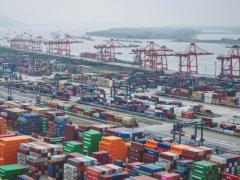Dutch maritime solar innovator Wattlab has delivered a seaworthy solar energy system for globally operating shipping, trading and maritime services company Vertom.
The recently delivered newbuild, Vertom Tula, a 7 280 dwt diesel-electric multipurpose cargo vessel, was fitted with the system. The solar system represents a technical milestone and a step forward for sustainable shipping.
Wattlab delivered and installed 44 solar flatracks that will provide power to onboard systems, reducing 20% of the hotel load.
Vertom operates a fleet of over 100 vessels, ranging from 1 500 to 12 000 DWT. In addition to shipping and trading, Vertom’s portfolio consists of port agencies and freight forwarding, maritime services, tanker chartering and liner services.
The company has a track record in the short sea shipping market, and aims to operate as sustainably as possible. To understand and test Wattlab’s new technology and benefits, Vertom executed two pilot projects with Wattlab before deciding to fully outfit this newbuild.
After production and assembly in September in Wattlab’s new production facilities in Rotterdam, the 44 solar flatracks (ballasted flat roof mounts) were installed onboard within a day in the Port of Harlingen.
Wattlab CEO and co-founder Bo Salet said the solar flatracks could be installed in a minimum amount of time using container twist lock fittings.
“For shipowners, time is money, so speed and ease of use are important. We know that ‘space is money’ too. Hence, should the panels need to be removed to make way for a special type of cargo, the crew can easily stack and store them all on the footprint of one 20ft container,” Salet said.
“We thank Vertom for their trust and the smooth collaboration in the past three years. Without them we could not have achieved this milestone, and that goes for the vessel itself and the technology.”
He said the EU’s Just Transition Fund (JTF) had co-financed the project.
“During the pilots, the test results showed that the solar flatrack system had performed well in the tough coastal shipping environment,” said Thomas van Meerkerk, business development manager at Vertom.
He said based on the results of its own research the company had found the solar system was an effective option for reducing GHG and pollutant emissions.
“Of course, these things also depend on the conditions our vessels operate in, but it’s clear that the system can provide both a positive return on investment and contribute to CO₂ reduction in shipping,” he said.
“Another benefit is that the panels can stay on the hatch covers during loading and discharging operations. The crew was sceptical at first, fearing a lot of extra work.”
However, he said the system was easy to use and required minimal maintenance.
Dutch independent and globally acknowledged research organisation TNO has validated the CO2 emission reduction and ROI time of the system. Its report will be published soon.
Wattlab and Vertom have been nominated for the IBJ Awards, both for the Environmental Protection Award and the Bulk Ship of the Year Award.
